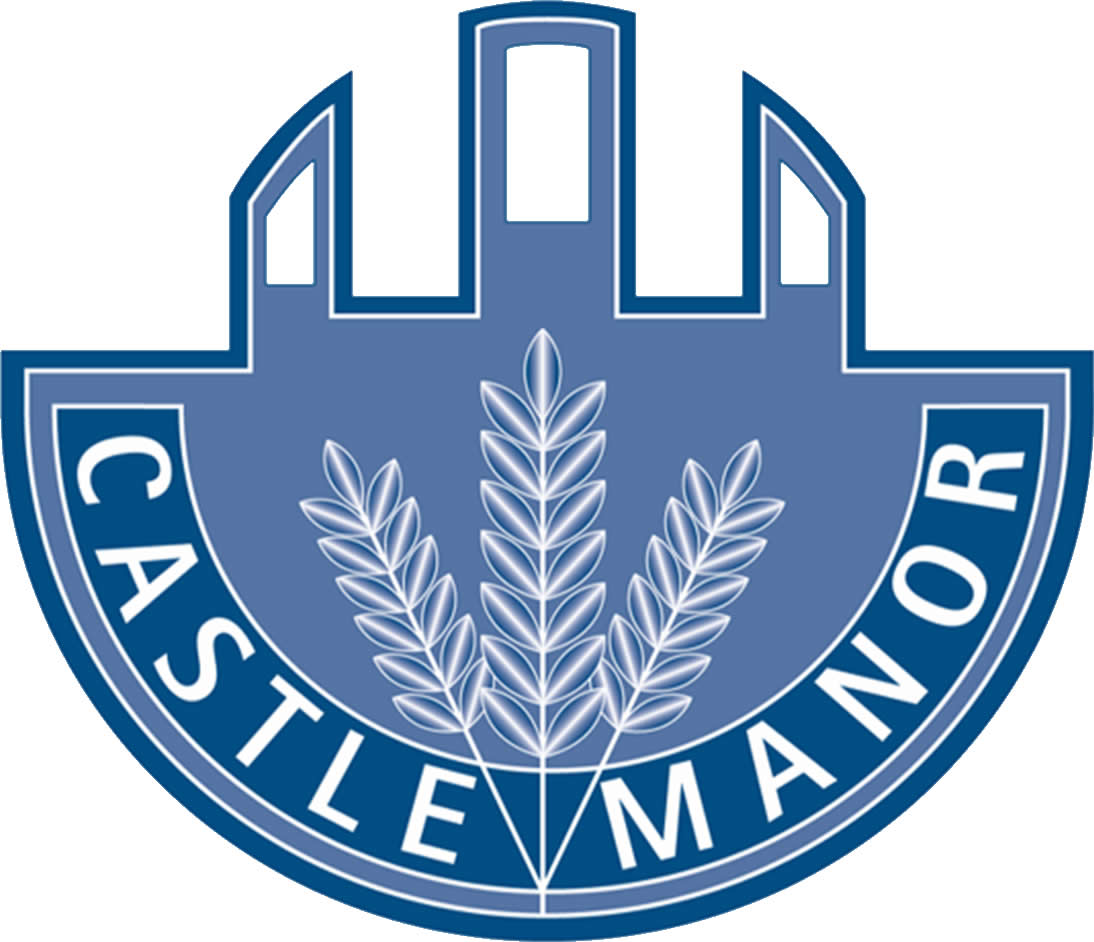The development of cookery throughout history has proven pivotal to human evolution, as such, food and cookery has placed itself at the centre of civilisation, culture, tradition and people’s everyday life for thousands of years.
At Castle Manor, Food Preparation and Nutrition is a subject with both theoretical and practical elements, cookery and knowledge of nutrition is a vital life skill, development of which will give students the tools needed to lead healthy lifestyles in the future.
Food lessons at Castle Manor promote independence, creativity, confidence and curiosity in the world of food around us.
Through both theory and practical lessons students will build and develop a repertoire of core skills such as knife skills, key cooking methods and an understanding of the functional properties of ingredients. Application of this knowledge will be vital as students will prepare a variety of predominantly savoury dishes. The curriculum is designed to be broad, sequenced and ambitious. High expectations in both theory and practical lessons ensure students leave their Food lessons able to access a range of skills and knowledge, building sequences and complex mastery year on year.
PROUD Values
The PROUD values are interwoven through the curriculum and student have many opportunities so showcase these.
Professional – Students have the opportunity to take part in a variety of prestigious school events through their KS3 learning, such as Open Evening and Haverhill Heroes, in these events students have to work within time constraints and produce dishes to a standard suitable for serving to the community.
Resilient – Practical cookery is a skill that not everyone feels comfortable carrying out. At Castle Manor our curriculum is designed so students understand the principles behind how ingredients work, understanding why a dish or process might have gone wrong and being able to fix this builds resilience.
Optimistic – Every single student is given the opportunity to cook at Castle Manor. Confidence and skills are built through the curriculum, leading to learners who can approach recipes, no matter the skill level with confidence and optimism,
Understanding – Throughout the KS3 curriculum students will encounter dishes from different cuisines and dietary choices. Students will understand why people choose, or a forced to make decisions regarding their diet and how this can impact their health. Common misconceptions regarding special diets are spoken about and corrected in a safe environment
Driven – At the end of the year students are assessed practically, this gives them the opportunity to choose a dish to cook. Learners are encouraged to choose dishes related to the skills we have been building and discouraged from cooking the same dish each time. This exposes learners to many different dishes and recipes and instils a drive to want to challenge themselves.
Curriculum Intent
In Year 8, students build on what they have learnt in KS2 and year 7. In this year we look at Food Choice. This is an exciting topic where students will develop their understanding and knowledge of a wide range of diets and world cuisines. In this topic students are asking to make links between their knowledge of nutrition, learnt in year 7, and how different diets can impact health. This is important to consider as students may find themselves or family members requiring different diets and an understanding of these requirements will help to make good choices.
Practical lessons look to build on practical skills learnt in Year 7 while also building in more complex skills, such as meat cookery and gelatinisation. At this stage students find themselves with more independence as some skills no longer require a demonstration, such as the rubbing in method for Apple Crumble. This allows students to build confidence and challenge in their cookery. Dishes cooked link to the topic of Food Choice and students are asked to make these links in evaluations tasks in theory lessons.
Curriculum Map
| Practical Lessons | Apple Crumble | Paella | Macaroni Cheese | Jam Tarts | Lamb Koftas | Practical Assessment |
| Skills Learned | Rubbing in method Knife skills | Meat cookery Absorption | Roux Method Gelatinisation | Pastry making | Combining & shaping mince Unleavened bread | |
| Theory Lessons | Food choice and provenance | Food choice and provenance | Food choice and provenance | Food choice and provenance | Food choice and provenance | Written assessment |
Our Staff
- Miss C Spurling – Team Leader for Arts and Technology
